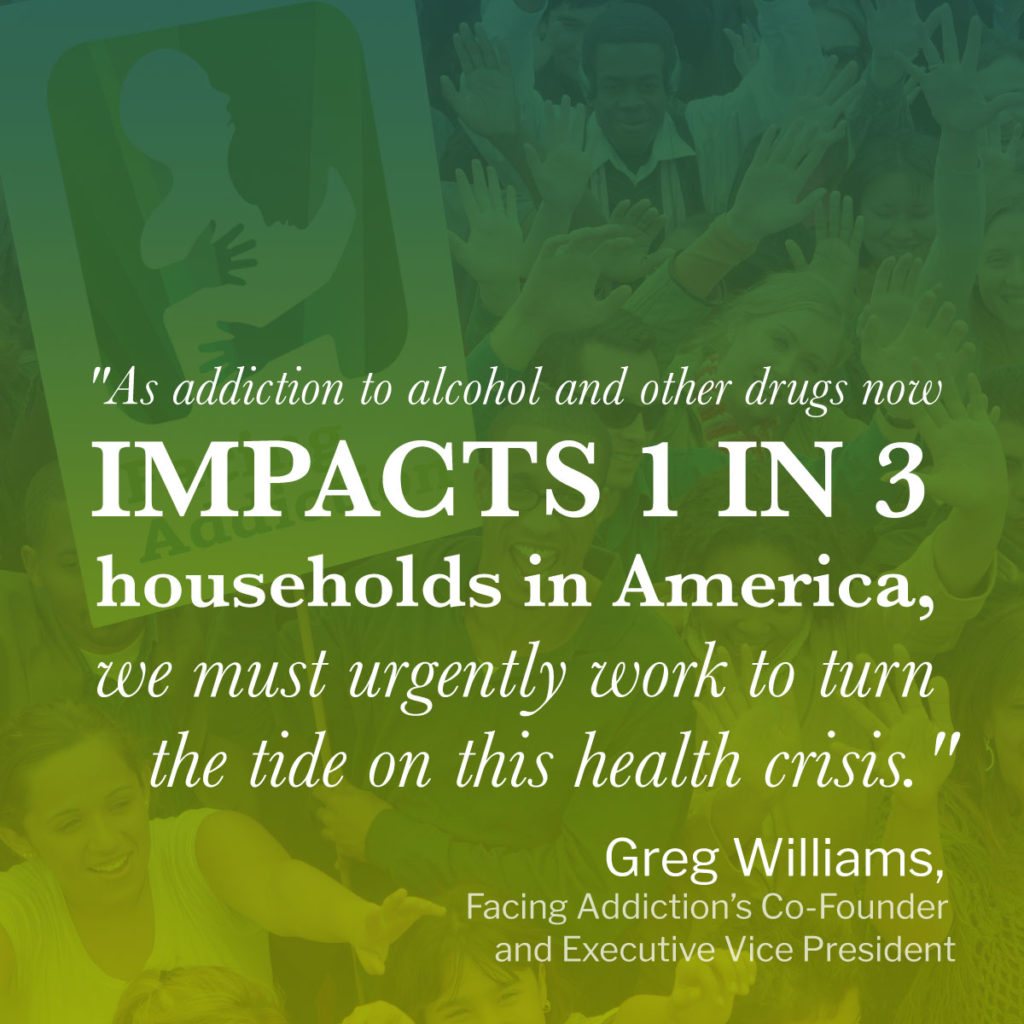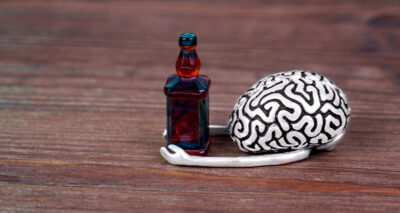The Consequences of Addiction
Depending on the types of substances abused, addicts experience anything from heart arrhythmia or liver failure to diabetes or neuropathy. The high-risk behavior that accompanies some drug use can lead to other issues, such as sexually transmitted diseases or impaired driving.
The consequences of addiction go far beyond the health and well-being of the addict, though. Relationships are often the first casualty of addiction. Because addiction affects a user’s ability to interact with friends and family, as well as professional colleagues, it can have devastating consequences for addicts’ personal lives.
Consider how addiction can alter the following areas of life:
Family and Loved Ones
Addicts go to great lengths to conceal their problems – even hiding it from themselves. Loved ones and close friends are most often the first people to recognize the warning signs. Because addicts commonly deny their substance abuse problem, a figurative wall may form between them and their loved ones. Sometimes, addiction causes irreparable harm, and sufferers end up losing their marriages and their relationships with their children.
Professional Life
Jobs and entire careers have been lost because of addiction, thereby compounding the problem because there is suddenly no income to support the substance abuse. How often do we hear about a Hollywood star or famous musician struggling with substance abuse? There are some individuals who are shining examples of successful recovery. But, sadly, there are many others whose struggle is a public reminder of the shame and heartbreak caused by failing to overcome this terrible disease.
The Consequences of Drug and Alcohol Addiction
The types of addiction are as varied as the individuals who suffer from it. Here are the three main types that people think of when it comes to addiction:
The stigma that surrounds illegal drug use keeps users shrouded in shame. Even though legitimately obtained substances amount to far more instances of abuse, illicit or “street” drugs pose their own unique dangers. One of which is when a drug has been cut with another toxic substance. Buying drugs on the street usually means that users don’t really know the strength of the drug they are purchasing, which can lead to overdose and death.
The black market has no manufacturing standards, so in many cases, adverse reactions and overdoses occur because the substances aren’t what they seem. This is a major reason why many IV drug users have died in recent years. What was thought to be heroin was actually fentanyl, a far more powerful drug. There’s also a risk of serious infection with HIV due to needle sharing.
The lifestyle that a user must engage in to obtain illegal drugs is often associated with other illegal behavior, such as theft. Learn even more about illicit drug addiction by clicking on the following button.
Learn More
It’s been called an American epidemic. Prescription drug abuse accounts for more cases of addiction and death than any illegal drug. Opioid abuse, for instance, is so ubiquitous that law enforcement agencies have begun equipping their field officers with naloxone spray, which can immediately counter the effects of painkiller overdose.
The road to dependence begins innocently enough: An injury or medical problem has resulted in someone needing to take powerful medication. This legitimizes the substance and makes it easier to rationalize its abuse. People often think their medication is less harmful than illegal drugs because they have a prescription.
Learn more about prescription drug addiction by clicking below.
Learn More
Alcohol is the most abused drug in the United States. More than 100,000 people die each year from alcohol-related causes. Scientists are just recently beginning to understand how alcohol addiction truly works.
The impact of alcohol is rapid: Within 90 seconds of entering the bloodstream, the first swig reaches the brain and increases the release rate of pleasure chemicals such as dopamine and endorphins. That’s the effect that provides the high, or buzz.
For some, the body can become so physically dependent on alcohol that the most severe abusers may have violent physical symptoms if they are without it for even a few hours. Withdrawal management with strong (yet harmful) tranquilizers such as Valium or Ativan is usually necessary.
The following button will help you learn about alcohol addiction, or alcoholism, more in-depth.
Learn More
Interested in Learning More about Addiction Treatment?
Call Now
(877) 762-3766












